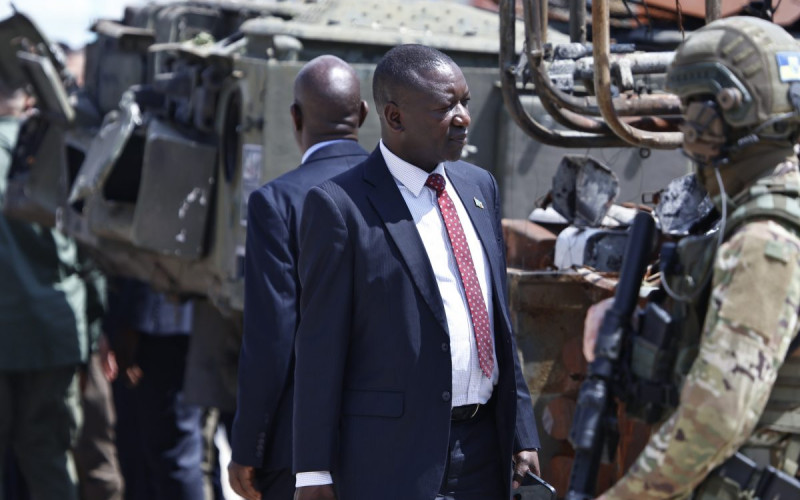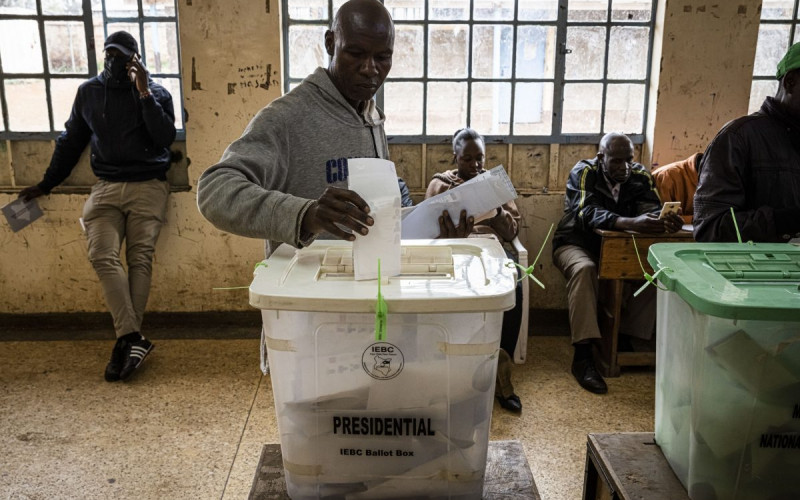It also examines the main features of the regime type, inter alia, the Westminster-style parliamentary system. The report also discusses the electoral model used in the country, as well as examines the existing structures and channels for parliamentarians to engage with the executive and civil society’s interaction with parliament. It also contains a conceptual overview of the ‘opposition’ in parliament. Finally, the report draws conclusions regarding the research gathered and makes relevant recommendations.
About the contributors:
L. Amedee Darga is a former member of parliament in Mauritius. He is a member of the African Association of Political Science and a former executive member of the organisation, as well as a trustee of the Southern and Eastern African Trade and Information Network (Seatini). He has widely researched and published on democracy, governance and development issues and prepared the National Development Goals report for Mauritius. Amedee acted as lead consultant for the Economic Commission for Africa (ECA) study on The State of Good Governance in Mauritius and led a national survey on the Perception of the State of Corruption in Mauritius.
Gilles Daniel Joomun is a social science researcher who has participated in studies undertaken by StraConsult. He was a researcher for The State of Good Governance in Mauritius report and was also a consultant during the preparatory stage of the Sub-National Millennium Development Goals report for the island of Rodrigues.
Series Editor: Tim Hughes
SAIIA: 2005
ISBN: 1-919969-11-X
Published by SAIIA & funded by the Royal Danish Embassy, Pretoria.







